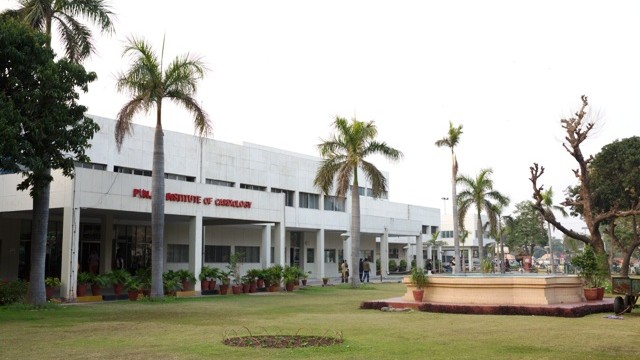The High Court’s Verdict In The Case Of Punjab Institute Of Cardiology (PIC) And Letter To Honourable Chief Minister
On 9 February 2016 the Honourable Lahore High Court’s judge, Mr Justice Shamas Mehmood Mirza, ordered Secretary of Health to conduct an ‘impartial inquiry’ and probe into the affairs of Punjab Institute of Cardiology (PIC). Earlier, appearing on behalf of the Opposition Leader Mian Mehmood ur Rashid, I argued that the matter is of immense significance as serious allegations were made in the petition of how the Board of Management awarded the contract to Decent Medical Store to provide medicines to patients in the PIC at agreed list price; but the contractor, Decent Medical Store provided medicines at an extremely high rate contrary to the agreed price list.
When the hospital pharmacist pointed out and made objections on the bills presented by Decent Medical Store, the Medical Superintendent and acting Deputy Drug Controller exerted pressure on her to to get the bills approved. Later on the hospital pharmacist disclosed all the relevant material to the Opposition Leader on whose behalf this petition was filed.
During the proceedings a question arose as to whether the Opposition Leader could file this petition or not. It was argued by me, in the light of the case cited PLD 2011 SC 927, that a matter in which public money is at risk and simultaneously there are allegations of malpractices and corruption then any person can file a petition due to the involvement of fundamental rights of common citizens.
It was also prayed that the court should pass appropriate directions to PIC to blacklist the contractor since it was not providing medicines in accordance with the agreed price list which is in violation of Public Procurement Rules 2014. The principle of blacklisting a contractor has been delineated in these judgments cited: 2014 SCMR 1748 and PLD 2015 Lahore 34. The principle delineated in 2014 SCMR 1748 is that if any contractor is involved in a breach of contract, anti-competitive activity or any other malpractice or fraudulent activity, then that contractor can be blacklisted, though not for an indefinite period keeping in consideration ‘principle of proportionality’, after following the principles of natural justice.
The learned Assistant Advocate General in rebuttal opposed the petition on the basis that it has been filed to secure publicity by the petitioner and all the allegations in the petition are fabricated.
After hearing arguments from both the sides, the honourable judge analysed the evidentiary material appended with the petition and reached the conclusion that since there are certain disputed questions of facts surrounding the matter therefore it should be thoroughly inquired by the Secretary of Health who shall be bound to submit the inquiry report before the Lahore High Court deputy registrar within a month. My conscience was satisfied that in the end the honourable judge passed an effective order. It needs to be highlighted here how how Article 199 of the Constitution can be so effective in keeping checks and balances on the executive, provided that the honourable judge knows how to exercise the powers of judicial review.
Although, now the inquiry has been initiated, it is lamentable to mention that the hospital pharmacist, who provided the evidence containing the malpractices of the contractor and Medical Superintendent, has been ousted from her job. The questions which arise are: how can impartial inquiry take place by the Secretary of Health without her inclusion in the inquiry proceedings? How can the system work when the person who is the whistle-blower and exposes the corrupt practices of people at the helm of the affairs, faces dire consequences at the end? These are some of the questions which we need to address in order to ensure effective enforcement of rights.
I hope the Honourable Chief Minister takes cognizance of the issue and provides justice to hospital pharmacist, Miss Freeha Majeed.
The writer appeared as counsel and argued the case on behalf of the petitioner.
The views expressed in this article are those of the author and do not necessarily represent the views of CourtingTheLaw.com or any organization with which he might be associated.


